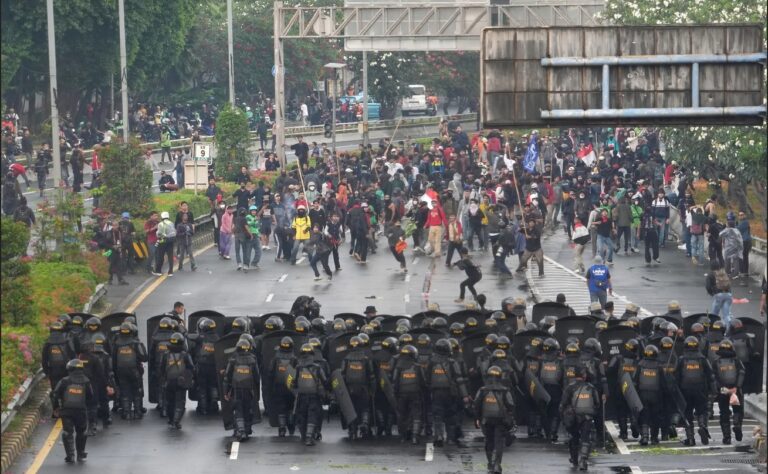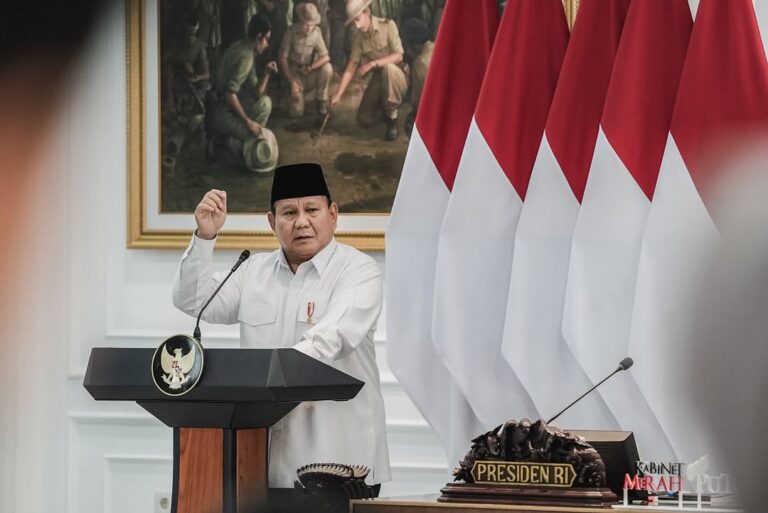For over 15 years property prices have continued to go up, and are most likely to continue to do so.
For Indonesians, there are no issues as there are no limitations to how an Indonesian can own or control a property, as long as it is all in accordance with Indonesian agrarian law.
Through the years, Bali has also developed its own ‘culture’ of how foreigners in particular can own or control properties there. However, some of these habits may not be totally within Indonesian law; not only from a legal perspective, but also from tax and immigration perspectives.
The strongest title over land and property in Indonesia is the ‘freehold’ title or Hak Milik in Indonesian. Only Indonesian citizens can hold the freehold title – end of story. Many lawyers and notaries in Bali do offer what they refer to as a ‘nominee structure’; with a complex set of contracts telling the foreigner this makes them control and ‘own’ the land.
Fact is, Indonesian agrarian law clearly states any attempt for a foreigner or foreign entity to hold freehold land is void, and by law the property belongs to the government. This structure also opens up for a whole series of other legal complications; who is responsible for tax payments on such property, operational permits on a home stay permit, etc. Currently, there are about 140 cases known to the police and the court between the nominee and beneficial owner. These days we see all lawyers and notaries who have had this structure in place slowly starting to argue against it.
A secondary title known as Hak Pakai or translated into Right of Use is probably the best option for a foreigner looking at living full time or part time in Indonesia. Technically, there is extension build in at 25 years and renewal after 20 years with a small tax implication.
However, there is no reasoning or mentioning in Indonesian law that these extensions and renewals cannot be continued, as long as it is done on state owned land. If one purchases freehold land from an Indonesian, then the notary would arrange to convert it into state owned land before a title is issued directly on the land certificate in the foreigner’s name. There are some restrictions on this title as to what size of land the property can be and the foreigner must hold a valid stay permit to Indonesia.
The best way to argue that these titles are sufficient for foreigners residing in Indonesia is the fact that even if it went to year 24 and the foreigner then sold the property to an Indonesian, it would take 2-4 weeks to convert the land back to a freehold title.
Commercial title or Hak Guna Bangunan (right to build) is a commercial title compulsory for both foreign and Indonesian companies buying, selling, or managing villas for commercial purposes. From a 4-star and up, there are no restrictions to a foreign PMA owning such a company 100%. There are restrictions on extension after 30 years and renewal after 25 years. However, as with a residential title there are no restrictions in Indonesian law on extension and renewal, and as with residential title it can be converted back to a freehold title if the property is sold to an Indonesian citizen buying it as a private property.
This structure needs the setup of a PMA, foreign owned company, and this can be done within a few weeks and is not very expensive. It is also possible to own the PMA via an off-shore entity or legal entity in any country giving it many tax benefits, both on operation and eventual sale or resale, all within Indonesian law.
Last title to consider might be a straightforward lease of land and building, or Hak Sewa as it would be in Indonesian. It is, and probably rightfully, argued that a lease should not go beyond the timeframes of right to use and right to build, as those titles would not make any sense if it does.
Recently, there has been also quite a few issues arising from people wanting to exercise a fixed extension of a lease. It has proven to be quiet difficult to enforce, even thru court. This is argued by the court as not being fair to freehold owner, in particular where the price has been set and it is at extension date far below market value.
Also, there are tax implications on this when the lease is sold again, for both buyer and seller. And the latest immigration laws state that foreigners holding a lease must have a stay permit or hold the title under a PMA. If not, also the tax implication for the seller will be twice as high.
At the end of it is time for the mystics and smoke around this to end. There is no substantial risk for a foreigner to hold the correct title, rather the opposite; there is no particular tax benefits, rather the opposite to circumvent these options; there is no immigration or risk for foreigners holding the right title and stay permits, rather the opposite.
And as in any business it is for the investor to have the right advice and right information as to what purpose they invest, and to be able to analyse their risks in the best possible way.
Indonesia is changing for the better quickly, both on creating better investment climate and in law enforcement; why do we as investors not follow this as we would in our own countries, in particular when it does not have any benefits not to do so.





